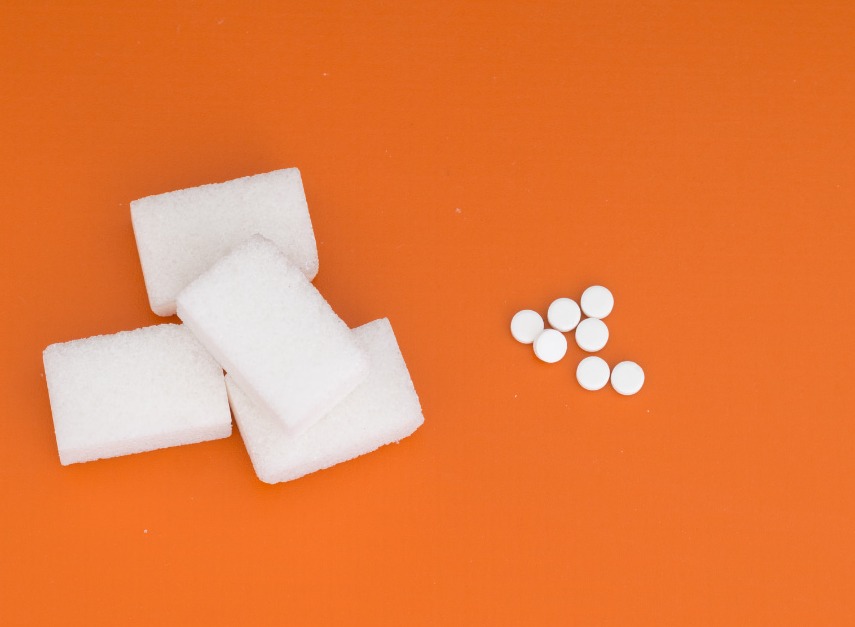- Home
- Share
- Forum
- General forums
- Good to know
- Cholesterol levels: What they mean and keeping them healthy
Cholesterol levels: What they mean and keeping them healthy
- 82 views
- 0 support
- 1 comment
All comments
![]()
retro60
![]()
retro60
Last activity on 11/09/2024 at 17:17
Joined in 2017
11 comments posted | 3 in the Good to know group
Rewards
-
Contributor
-
Explorer
I had mine checked about a year ago again and have been on statins ever since need to have checked again but I dread it as it is a eight hour fast before blood check which means I must go to the surgery as soon as it opens as I am one of those people who cannot leave the house without breakfast. The next problem is where to get the blood from, the last few times have been in the vein in my wrist which is very painful. The last problem comes after, if I do not immedeatly eat and drink something I will, (and have done in the past) pass out as I do not have any fuel in my body. No wonder I keep telling the doctor how painful and upsetting it is I would rather no know than have to (as I must soon) go through all that again, by the way I am 69 and does it really matter?
See the signature
J Gibson
Give your opinion
Survey
Articles to discover...
Subscribe
You wish to be notified of new comments
Your subscription has been taken into account








Margarita_k
Community managerGood advisor
Margarita_k
Community manager
Last activity on 07/10/2020 at 11:39
Joined in 2016
1,195 comments posted | 118 in the Good to know group
1 of their responses was helpful to members
Rewards
Good Advisor
Contributor
Messenger
Committed
Explorer
Evaluator
Cholesterol is a fat-like substance that is found naturally in cells all over the body. The body - specifically the liver - produces as much cholesterol as needed to be carried through the bloodstream.
Having the correct cholesterol levels helps the body to produce and maintain the right amounts of vitamin D and hormones, and helps with digestion.
Cholesterol can also be found in foods, such as meat, poultry, and full-fat dairy products. People who eat animal products may have more cholesterol in their body at any given time. This happens because when a diet is high in fat and trans fats, the liver increases cholesterol levels.
The level of cholesterol in the body greatly affects heart health.
During a routine physical or blood work, a doctor may suggest measuring cholesterol levels. This measurement indicates whether or not the body is over- or under-producing cholesterol. The result may mean making necessary dietary changes or taking prescribed medication.
Different kinds of cholesterol: What do the numbers mean?
There are three different types of cholesterol that can be found in the body. The cholesterol is carried in cells called lipoproteins, which are made up of fats and proteins.
The three kinds of cholesterol are low-density lipoproteins (LDL), high-density lipoproteins (HDL), and very-low-density lipoproteins (VLDL).
All three types of cholesterol contain triglycerides, although about half of VLDL is made up of triglycerides.
LDL cholesterol
LDL is considered "bad" cholesterol because it can build up on the walls of the arteries, causing heart disease and other serious issues. These cholesterol blockages can also detach from artery walls and cause blood clots.
The optimal LDL cholesterol level is less than 100 milligrams per deciliter of blood (mg/dL). Between 100-129 mg/dL is considered OK, borderline high is 130-159 mg/dL, high is 160-189 mg/dL, and 190 mg/dL is very high.
HDL cholesterol
HDL is considered "good" cholesterol and helps move bad cholesterol out of the blood stream, which helps to deter heart disease.
The optimal HDL cholesterol level is 60 mg/dL or more. Less than 40 mg/dL is too low.
VLDL cholesterol
VLDL represents the fats that are carried in the blood from food we eat plus excess calories that are converted into triglycerides. Like LDL, VLDL is associated with the build up of plaque in the arteries and increases the risk of coronary artery disease, heart attack, or stroke. It is an estimate of the percentage of triglycerides found in the body.
The optimal VLDL level is less than 30 mg/dL.
Total cholesterol levels
The optimal total cholesterol level is less than 200 mg/dL, borderline high is 200-239 mg/dL, and high is 240 mg/dL or more.
When testing cholesterol levels in a standard blood test, a sample of blood will be drawn from the arm after a period of fasting.
A cholesterol level is determined by adding the HDL level, the LDL level, and 20 percent of the triglyceride level. These numbers will tell a doctor what a person's risk is of developing heart disease, type 2 diabetes, artery diseases, and other ailments.
What factors affect cholesterol?
Women tend to have higher HDL cholesterol levels than men. This is due to the female sex hormone estrogen, which raises these levels. Estrogen levels are at their highest when women are of childbearing age. After menopause, estrogen levels fall, meaning that HDL levels are also likely to decline.
A report from the American Heart Association (AHA) in 2011, revealed that 41.8 percent of men aged over 20 had a total cholesterol level of 200 mg/dL or higher, compared with 46.3 percent of women. A total of 32.5 percent of men compared with 31.0 percent of women had LDL levels of 130 md/dL or lower. A total of 28.6 percent of men had HDL levels of less than 40 mg/dL compared with only 9.7 percent of women.
Age also plays a role in the likelihood of developing heart disease. The National Heart, Lung and Blood Institute use these numbers to outline the percentage of people who have high cholesterol.
The percentages, which are by age and regardless of gender, are as follows:
20s: 22 percent
30s: 38 percent
40s: 50 percent
50s: 62 percent
Other factors that affect cholesterol levels include:
- Diet: Foods that are high in saturated fat, trans fat and carbohydrates are known to increase cholesterol levels. Limiting these types of foods will help regulate and decrease blood cholesterol.
- Weight: There are many risks associated with being overweight or obese, such as increased triglycerides. Managing a healthy weight helps all factors of health including heart disease.
- Exercise: Being active for at least 30 minutes per day increases a person's heart rate, helps maintain weight, and lowers LDL cholesterol levels, while increasing HDL cholesterol levels.
- Heredity: Unfortunately unchangeable, high cholesterol can run through families.
When to see a doctor
The AHA recommend that both men and women over the age of 20 have their cholesterol, as well as a blood panel, checked every 4 to 6 years.
Doctors can use this information to treat early conditions. They can even predict a 10-year or lifetime risk for heart attack or stroke. It's important for people to get check-ups because high cholesterol does not have symptoms.
If a blood analysis is done and high levels of cholesterol are found, a doctor can help make a plan to reduce the risks. This plan may include lifestyle changes, such as exercise, diet, prescription medication, and nutrition advice.
Losing weight and exercising regularly, avoiding sugary food and alcohol, and taking cholesterol-lowering medication may help.
Source: MedicalNewsToday.com
___________________________________
These articles can be of interest to you:
- 10 Tips to take better care of your heart
- Stroke vs. Aneurysm: what's the difference?
- 5 ways to eat more fiber
How often do you check your cholesterol?
Do you get enough information from your doctor about the risks related to high level of cholesterol and the lifestyle to adapt in order to avoid consequencies for your health?
For those who have a high level of cholesterol, what changes have you made to your lifestyle? How much does it help?
Thanks in advance for sharing!